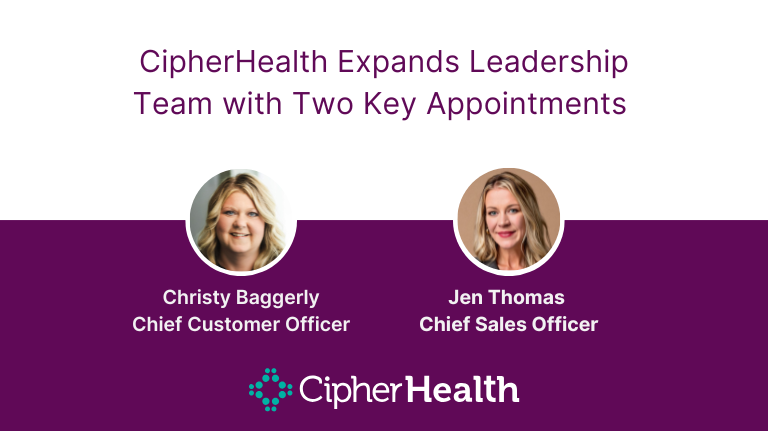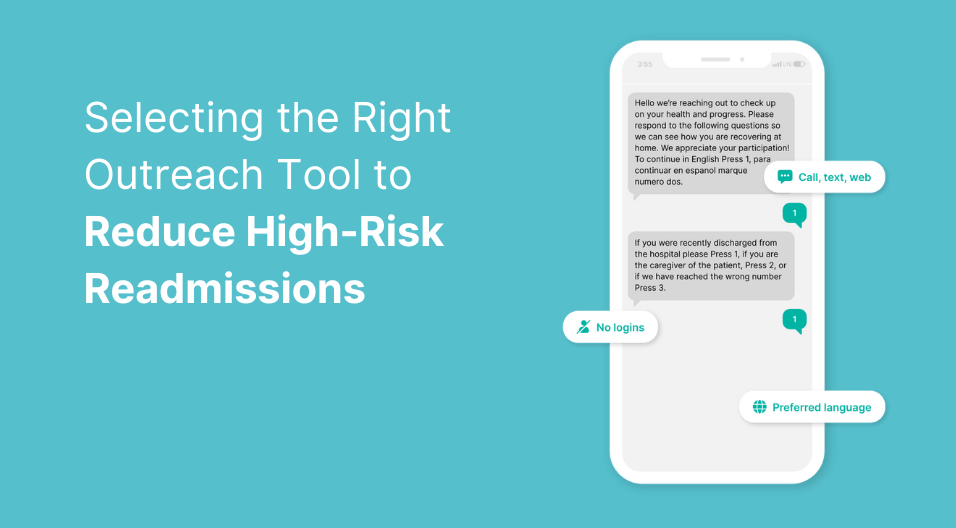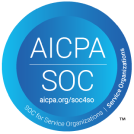Imagine you are on a baseball team. You have nine players on the field all working to win the game by getting more runs your opponent. To win, you and eight other teammates must all work together to play hard and play smart. There are important pieces of information you must all share, will the pitcher be throwing a fastball? Is the hitter a righty or a lefty? Is someone already on base? How many outs are there?
The answers to these questions provide a game plan for you and your team to help each other achieve victory. While healthcare is certainly a higher stakes game, there are lessons to be learned about how communication and collaboration can be the difference between winning or losing a game.
When it comes to managing the care of a patient or health plan member, each interaction provides a new piece to the puzzle of helping him or her get healthy and stay healthy. When it comes to health plans and providers, collaboration is critical to this success.
How to Enable Effective Collaboration
By enabling effective communication between the provider and the health plan, there are more resources available to ensure care tasks are completed and that the patient is well taken care of. Together, they can establish who is responsible for post-discharge follow up, for reminding the member of upcoming preventive screening eligibility, for educating the patient on how to manage their condition.
Three strategies to enable more effective collaboration includes sharing information, assigning care tasks, and incentivizing success.
Information Sharing
The first step in a successful collaboration is sharing all relevant information. Neither the health plan nor the provider can make the right decision without all the information. By enabling more information sharing, the possibility of success increases.
Assigning Care Tasks
Working collaboratively will mean understanding what care tasks are necessary to ensure members can achieve the best outcomes. Instead of duplicating work, payers and providers can divvy up codified tasks to keep patients healthy.
Incentivizing Success
As payers seek value over volume, it is important to ensure incentives align with this goal. While it may take time to adjust to a new reality, communicating concerns and goals proactively will help open a dialogue and address the root cause of concern.
Working as a team with a shared goal will help to combat challenges associated with addressing communication fatigue, social determinants of health, and ensuring consistent and meaningful interactions with the patient. With effective collaboration, the payer and provider can establish value-based programs that enable short and long-term financial success through lowered costs of care and improved outcomes.








